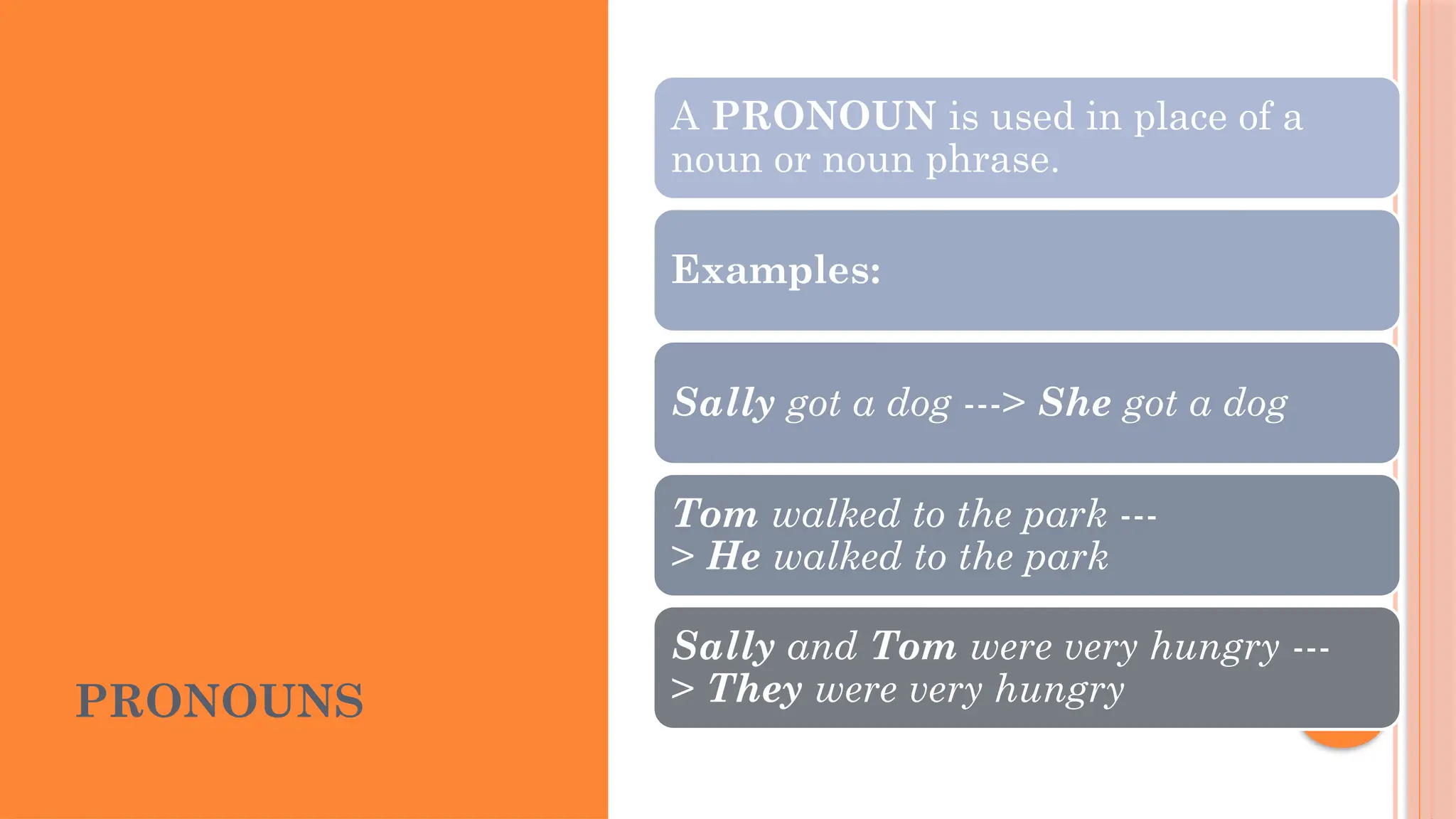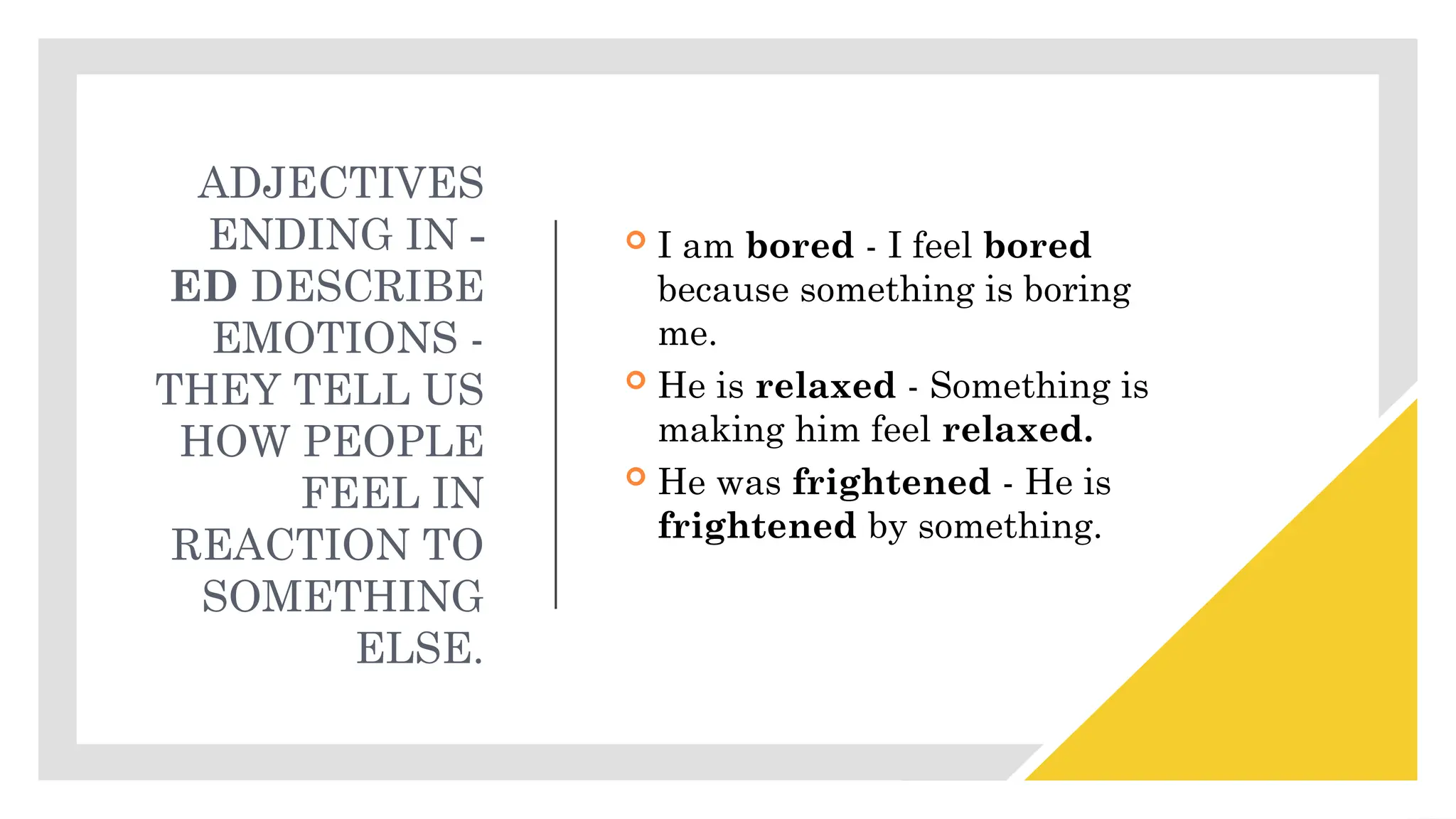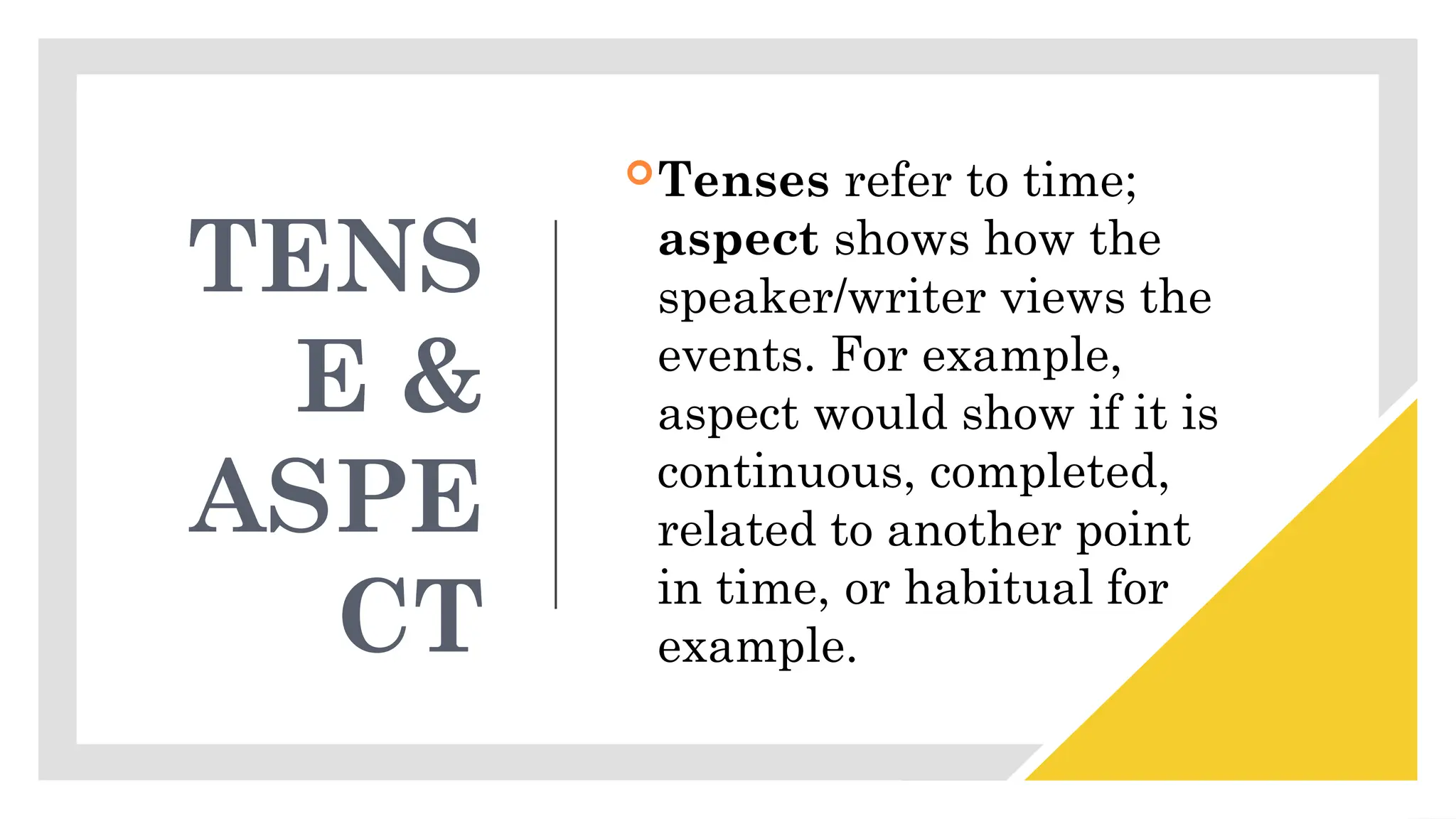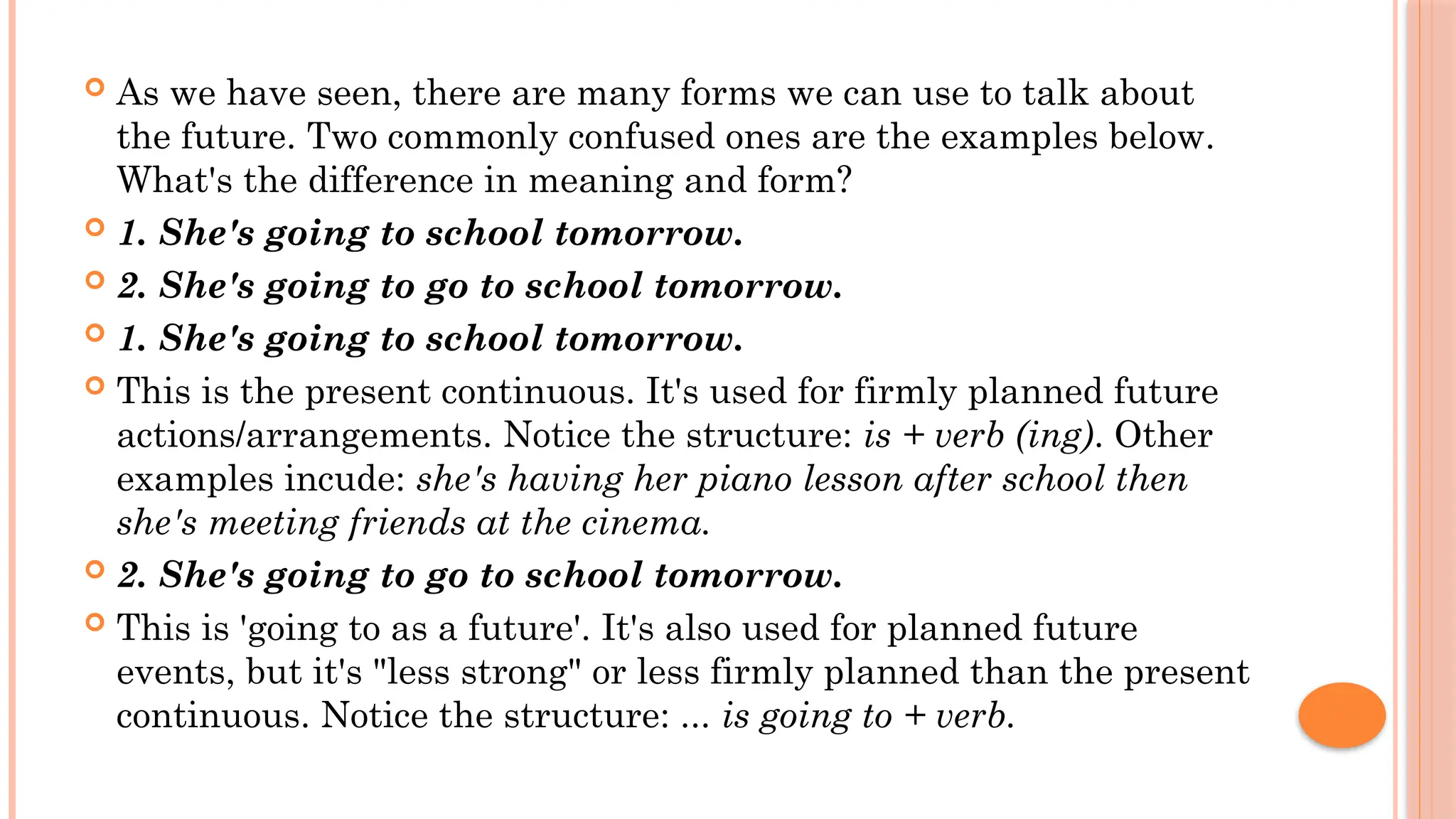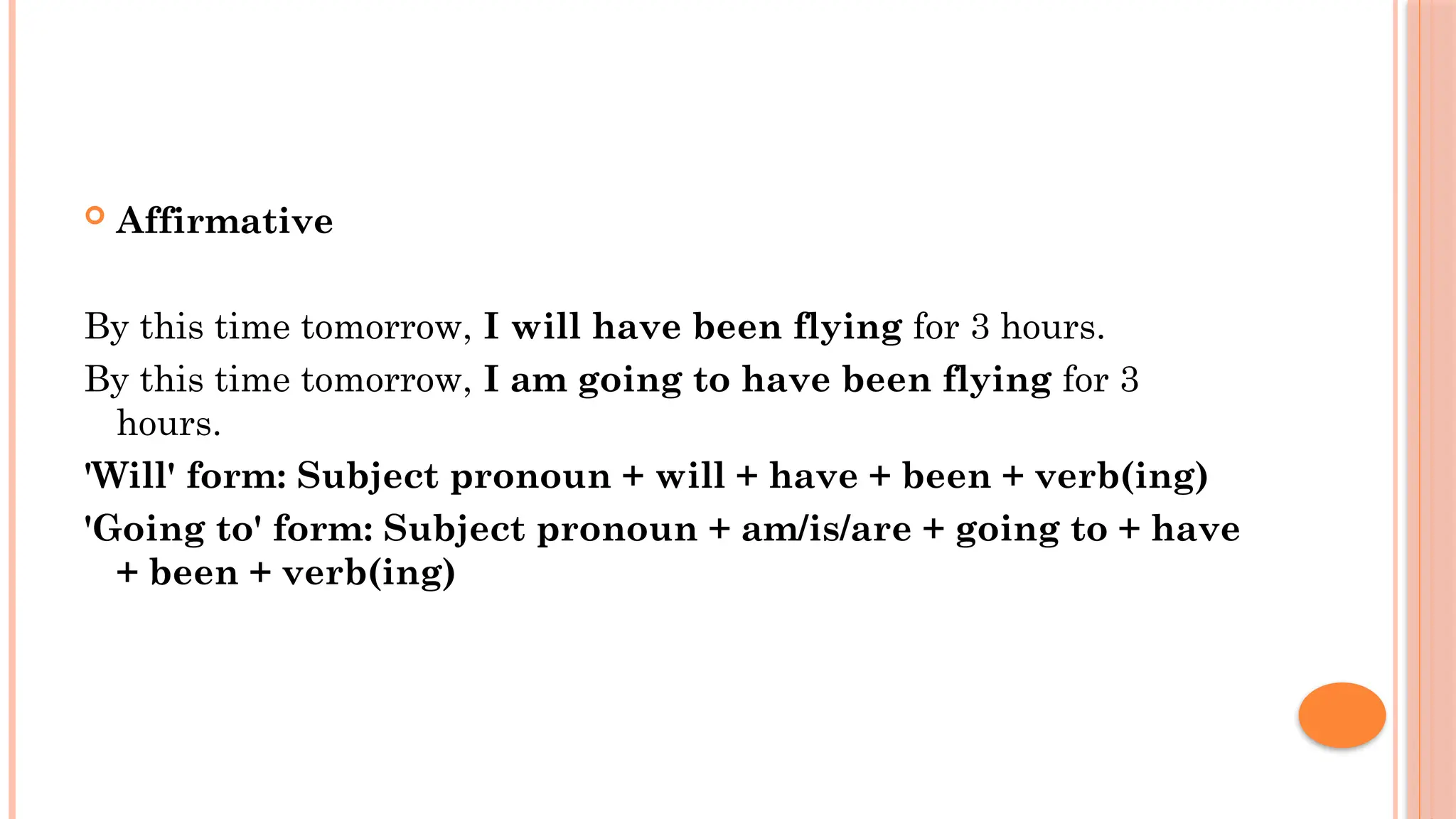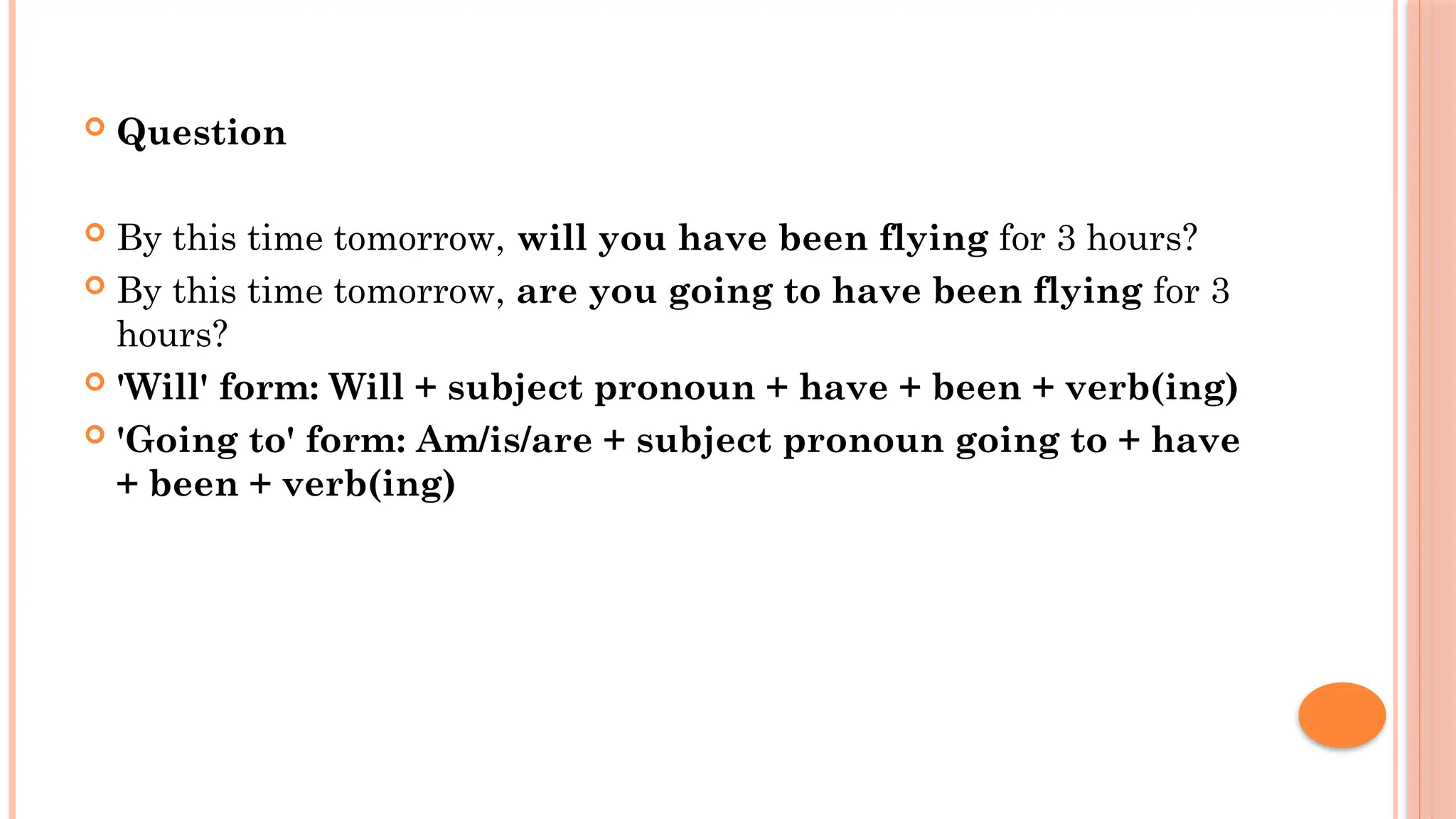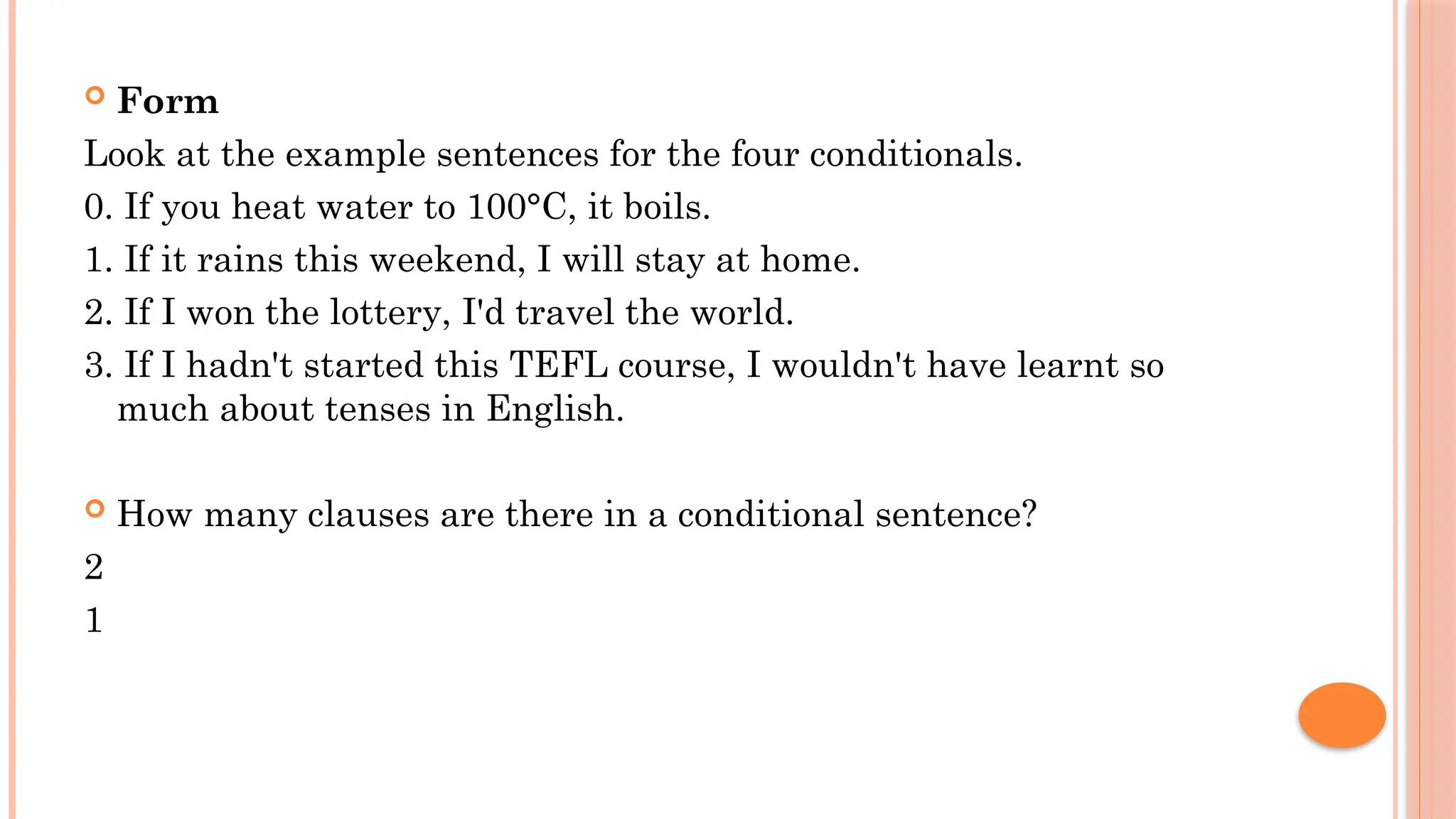Objective: To consolidate learning and promote reflection.
Activity:
- Ask participants to return to their notes and complete the reflection:
• 3 things I learned
• 2 questions I have
• 1 idea I will implement
- Encourage volunteers to share. Emphasize the importance of critical thinking as a lifelong skill.
Time: 10–15 minutes









